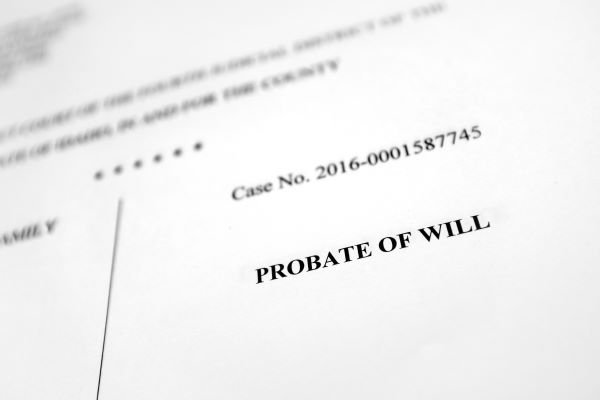A Guide to Understanding Generation-Skipping Transfer Taxes
Affluent families have long worried about preserving wealth and ensuring its smooth transfer through generations. In estate planning, the generation-skipping transfer tax (GST) plays a significant role. The US government established the GST to prevent individuals from avoiding estate taxes…









